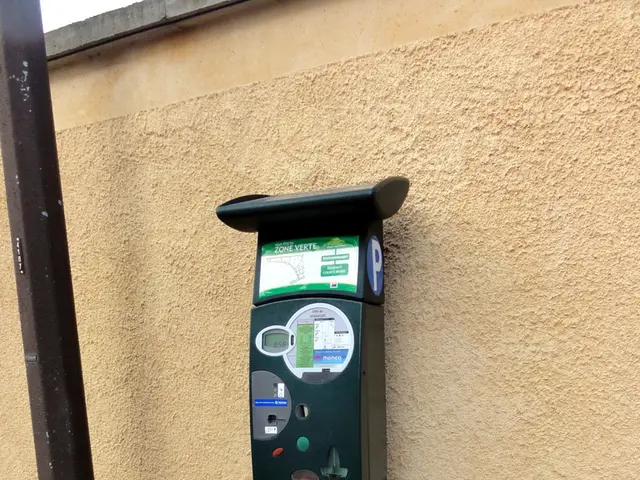Gambling games, especially scratch cards, remain popular choices for numerous individuals, yet for some, they are a compulsive habit
In Portugal, the Santa Casa da Misericórdia de Lisboa plays a significant role as the main operator of gambling and lotteries, including scratch cards. Despite this, specific statistics on problematic scratch card gambling and its direct impact on individuals and revenue for Santa Casa remain elusive in publicly available data.
Sources delve into gambling market data from Spain, general Portuguese online casino reviews, and lottery contributions in other regions, but they fall short of providing concrete data regarding the prevalence of problematic scratch card gambling in Portugal or the detailed financial effects on Santa Casa.
The demand for scratch cards in Portugal is substantial, with over 700 million tickets sold in a year, generating approximately 1.85 billion euros for the Santa Casa in 2024. This figure accounts for nearly 60% of the total gaming revenues for the institution that year.
However, the scratch card industry's boom isn't without its concerns. Anecdotal evidence suggests that some individuals struggle with controlling their spending on scratch cards, leading to potential financial problems. One such individual, a man, admits that he spends more than 20 euros on scratch cards on some days, viewing them as a vice that is hard to control.
The man's statements, along with others, indicate a pattern of losing more money on scratch cards without winning anything significant. Older people are identified as the primary customers for scratch cards in Portugal, and some claim they can defend themselves from the vice of scratch cards, but still include them in their bets.
Scratch cards are perceived as an adventure by some, but can also lead to problematic situations. One man, for instance, claims that scratch cards have become problematic for him, leading to potential financial ruin.
While the exact prevalence of problematic scratch card gambling in Portugal remains unclear, the anecdotal evidence highlights the need for dedicated public health studies or official Portuguese gambling authority reports to shed light on this issue. For those seeking detailed numbers or impact analyses, reviewing official Portuguese government publications or Santa Casa’s annual reports would be recommended.
- The boom in the scratch card industry in Portugal is not without concerns, as some individuals struggle to control their spending, leading to potential financial difficulties and problematic gambling behaviors.
- Despite the significant revenue generated from scratch card sales for the Santa Casa da Misericórdia de Lisboa, responsible gambling is a growing trend that requires attention, particularly among older individuals who are the primary customers for scratch cards in Portugal.
- Scratch cards, while offering an exciting gaming experience, can lead to problematic situations, and the Portuguese gambling authority should consider undertaking dedicated public health studies or issuing reports to better understand and address the issue of problematic scratch card gambling in the country.








